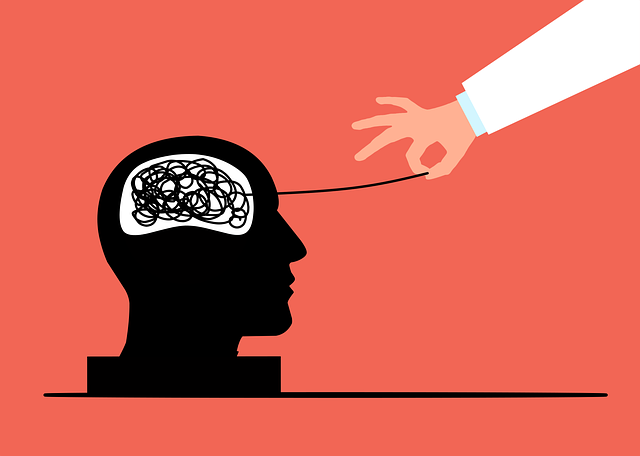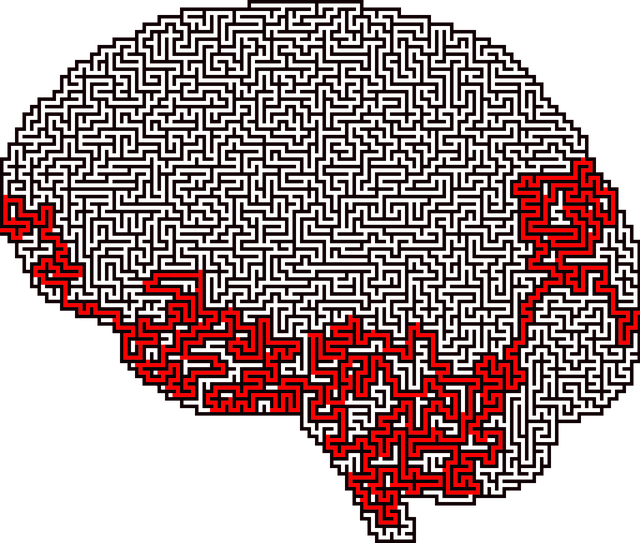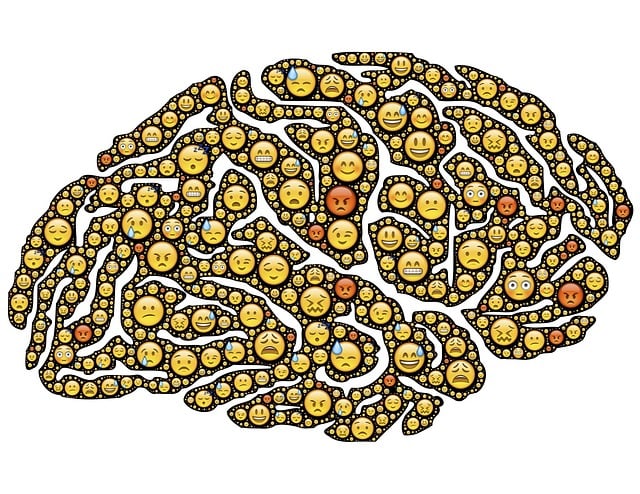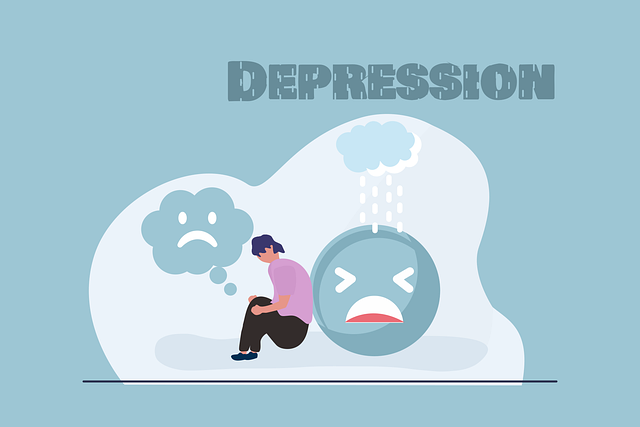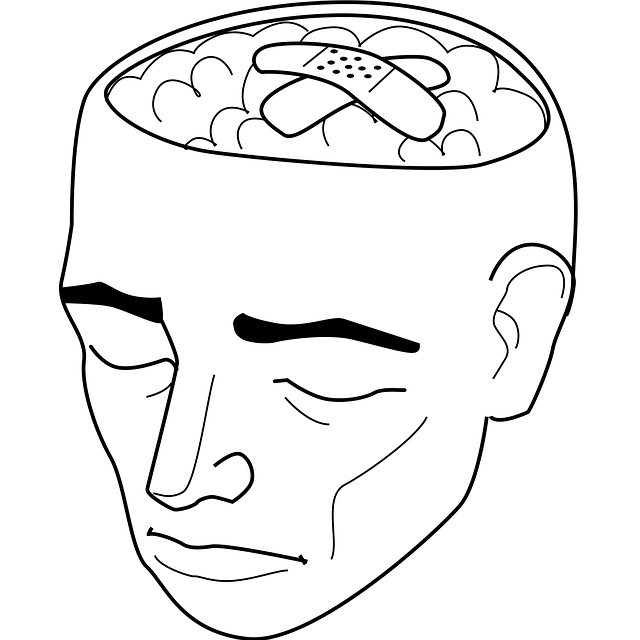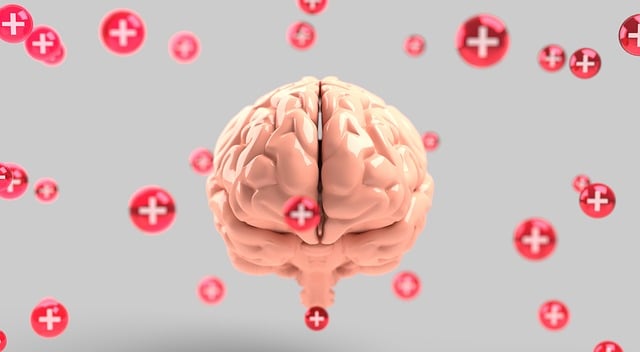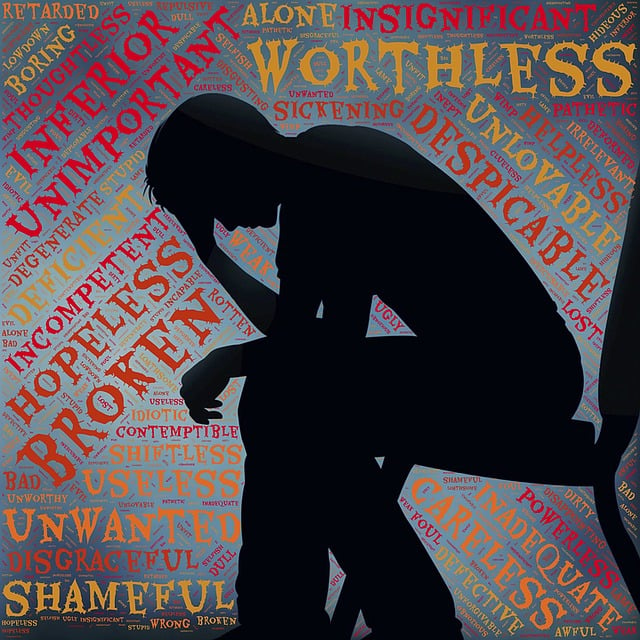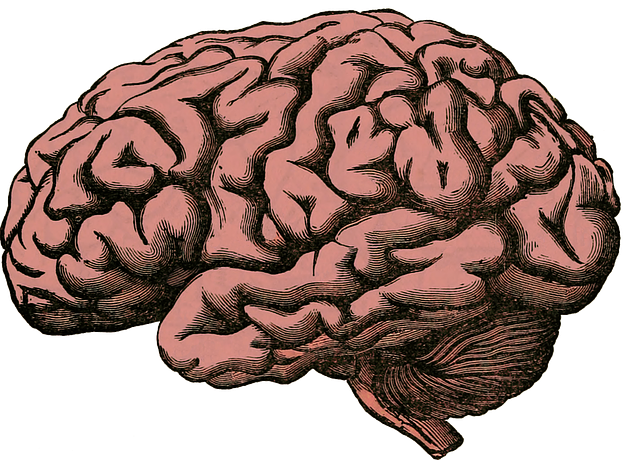Boulder Geriatrics Therapy emphasizes comprehensive risk assessment for mental health, targeting unique geriatric challenges like cognitive impairment and social isolation. Their approach combines structured tools, qualitative methods, and ongoing monitoring to identify and mitigate risks, while fostering self-care practices among both therapists and clients. Through mindfulness techniques, compassion cultivation, and evidence-based strategies, Boulder Geriatrics promotes professional well-being and effective client care, informed by case studies highlighting holistic symptom analysis and empowerment through inner strength development.
“In the realm of mental health care, risk assessment is a vital tool for ensuring patient safety and fostering effective therapy. This comprehensive guide explores the intricate process of risk evaluation within geriatric settings, using Boulder Geriatrics Therapy as a case study. From understanding the nuances of risk assessment to identifying unique hazards in geriatric practice, we delve into strategies that mitigate risks. Additionally, real-world case studies from Boulder Geriatrics offer valuable insights, demonstrating how proactive measures can enhance patient outcomes and create a safer environment for vulnerable elders.”
- Understanding Risk Assessment in Mental Health Care
- Identifying Potential Hazards in Geriatric Therapy at Boulder Geriatrics
- Strategies for Mitigating Risks: A Comprehensive Approach
- Case Studies: Learning from Experience at Boulder Geriatrics Therapy
Understanding Risk Assessment in Mental Health Care

Risk assessment is a fundamental aspect of mental health care, crucial for professionals like those at Boulder Geriatrics Therapy. It involves meticulously evaluating and understanding potential hazards or vulnerabilities that may impact a client’s well-being. By employing structured tools and qualitative methods, therapists can identify risk factors related to depression, anxiety, suicidal ideation, or other mental health concerns. This process is not merely about identifying dangers but also uncovering strengths and protective factors, enabling tailored interventions.
Effective risk assessment goes beyond initial evaluations. It’s an ongoing process that incorporates self-care practices, coping skills development, and inner strength development for both the therapist and client. In the context of Boulder Geriatrics Therapy, this means fostering a supportive environment where clients feel empowered to manage their mental health effectively while therapists maintain optimal well-being to provide quality care consistently.
Identifying Potential Hazards in Geriatric Therapy at Boulder Geriatrics

At Boulder Geriatrics Therapy, identifying potential hazards is a cornerstone of our commitment to providing safe and effective care for elderly clients. Given the complex interplay of physical and cognitive decline in geriatric patients, mental health professionals face unique challenges. Assessing risk factors such as cognitive impairment, social isolation, and chronic conditions is crucial to prevent adverse outcomes, including exacerbation of existing mental health issues like depression.
By implementing robust screening tools and proactive monitoring, Boulder Geriatrics Therapy integrates depression prevention strategies into routine care, aligning with broader Mental Health Policy Analysis and Advocacy efforts. We recognize that emotional healing processes in the geriatric population often require tailored interventions addressing both psychological and social dimensions. Through continuous risk assessment, our team ensures a supportive environment that facilitates these complex healing processes.
Strategies for Mitigating Risks: A Comprehensive Approach

Mental health professionals face unique challenges that can lead to burnout and increased vulnerability to stress-related disorders. To mitigate these risks effectively, a comprehensive approach that incorporates various strategies is essential. One such strategy involves adopting practices inspired by mindfulness meditation and compassion cultivation, which have been shown to reduce stress, enhance emotional intelligence, and foster resilience among healthcare providers. These techniques promote self-care and create a buffer against the potential emotional toll of their work.
Additionally, incorporating Boulder Geriatrics Therapy methods can provide professionals with tools to navigate complex situations sensitively and effectively. This approach emphasizes the importance of cultural sensitivity, ethical decision-making, and trauma-informed care, which are crucial aspects of modern mental health practice. By combining these strategies, professionals can create a robust framework that supports their well-being while they assist clients in navigating their own mental health journeys.
Case Studies: Learning from Experience at Boulder Geriatrics Therapy

At Boulder Geriatrics Therapy, a deep dive into their case studies reveals valuable insights into risk assessment for mental health professionals. By examining real-life experiences, therapists have identified key indicators and turning points in patients’ journeys towards improved mental well-being. These studies showcase the importance of a holistic approach in understanding individual risks, encompassing not just clinical symptoms but also social determinants and life events that can significantly impact mental health.
Through these case studies, Boulder Geriatrics Therapy highlights how fostering self-esteem improvement and inner strength development can serve as robust risk mitigation strategies. By empowering patients with coping mechanisms and resilience, therapists at Boulder Geriatrics have demonstrated the potential to prevent or manage exacerbations of mental health conditions, ultimately enhancing patient outcomes. This practical knowledge gained from experience directly contributes to refining risk assessment protocols for mental health professionals, ensuring more effective care delivery in diverse geriatric settings.
Mental health professionals, like those at Boulder Geriatrics Therapy, must continuously assess and mitigate risks to ensure patient safety. By understanding risk assessment principles, identifying potential hazards specific to geriatric care, and implementing comprehensive strategies, practitioners can create a secure environment for vulnerable individuals. The case studies presented highlight the importance of proactive risk management and offer valuable lessons learned from real-world experiences at Boulder Geriatrics Therapy. These insights underscore the need for ongoing education and adaptation in the field to enhance patient outcomes and minimize risks.
